12 GPTs for Caregiving Support Powered by AI for Free of 2026
AI GPTs for Caregiving Support refer to advanced AI technologies, specifically Generative Pre-trained Transformers, tailored to assist in various caregiving domains. These tools leverage natural language processing to offer support, advice, and solutions related to caregiving tasks. They are designed to understand and generate human-like responses, making them invaluable for providing information, emotional support, and practical assistance in caregiving settings. Their adaptability allows them to cater to a wide range of caregiving needs, from elderly care to special needs support, embodying a significant evolution in how caregiving services can be augmented with AI.
Top 10 GPTs for Caregiving Support are: Compassionate Writer,介護の達人,Alzheimer: Cuidar al Cuidador,Senior Care Assistant,Dementia Cure,Senior Care,Geriatrics,Alzheimer's GPT,親の介護に必要な金額を試算するAI,介護レクリエーション提案AI[presented by 介護ゲーム]
Compassionate Writer
Empowering Dementia Communication with AI

介護の達人
Empowering Caregivers with AI-driven Insights
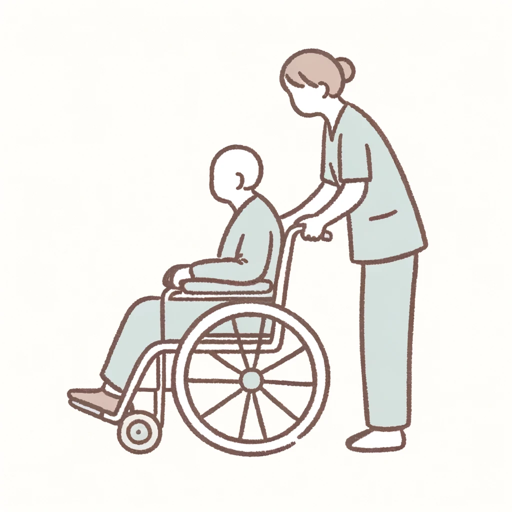
Alzheimer: Cuidar al Cuidador
Empowering Alzheimer's Care with AI
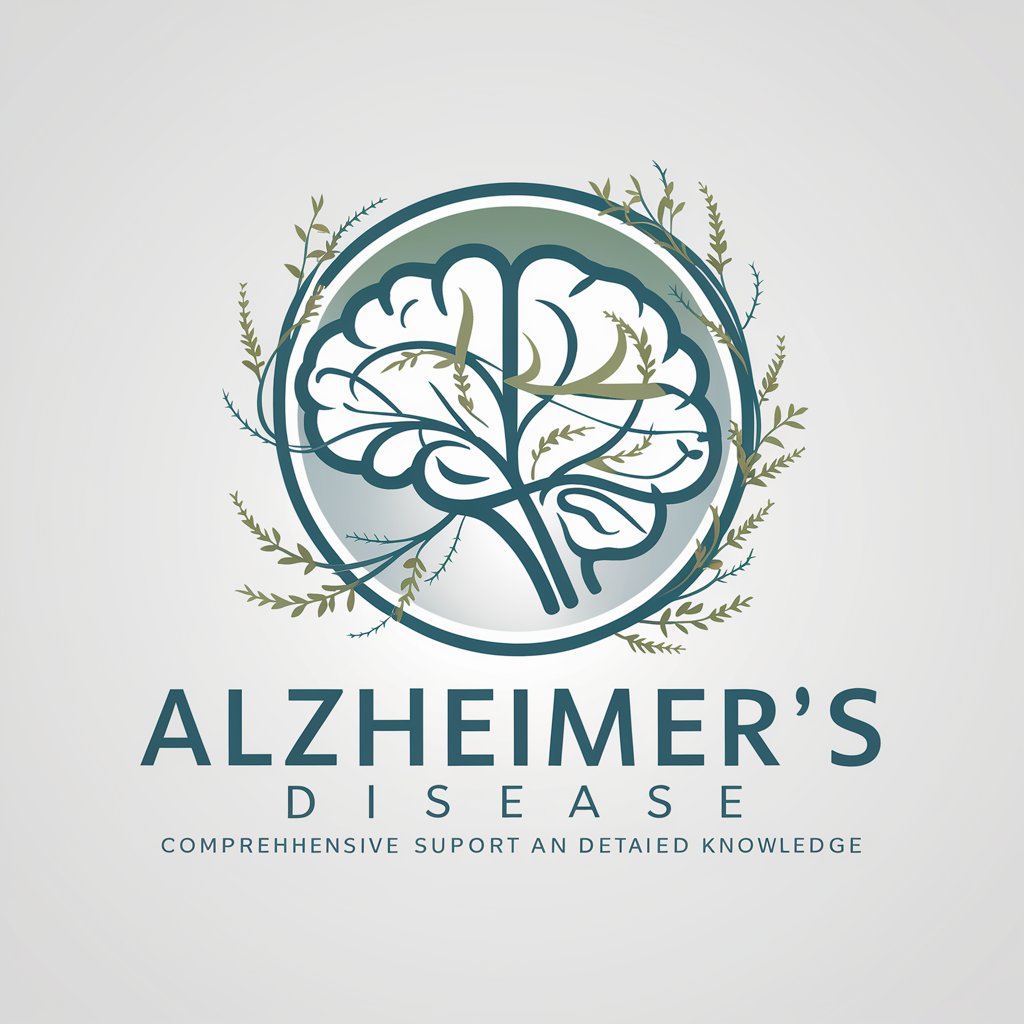
Senior Care Assistant
AI-powered caregiving companion.

Dementia Cure
Empowering insights into dementia care and research.
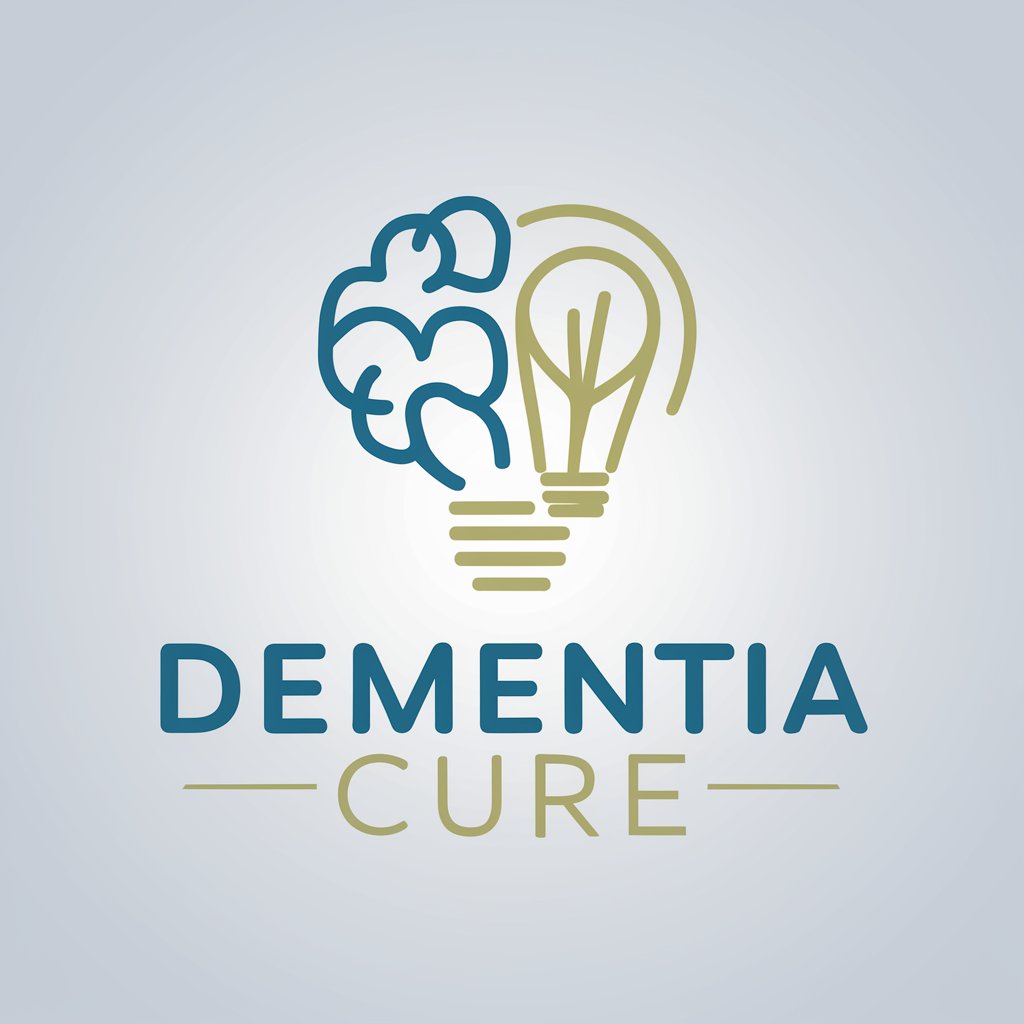
Senior Care
Empowering Aging with AI

Geriatrics
Empowering Elder Care with AI
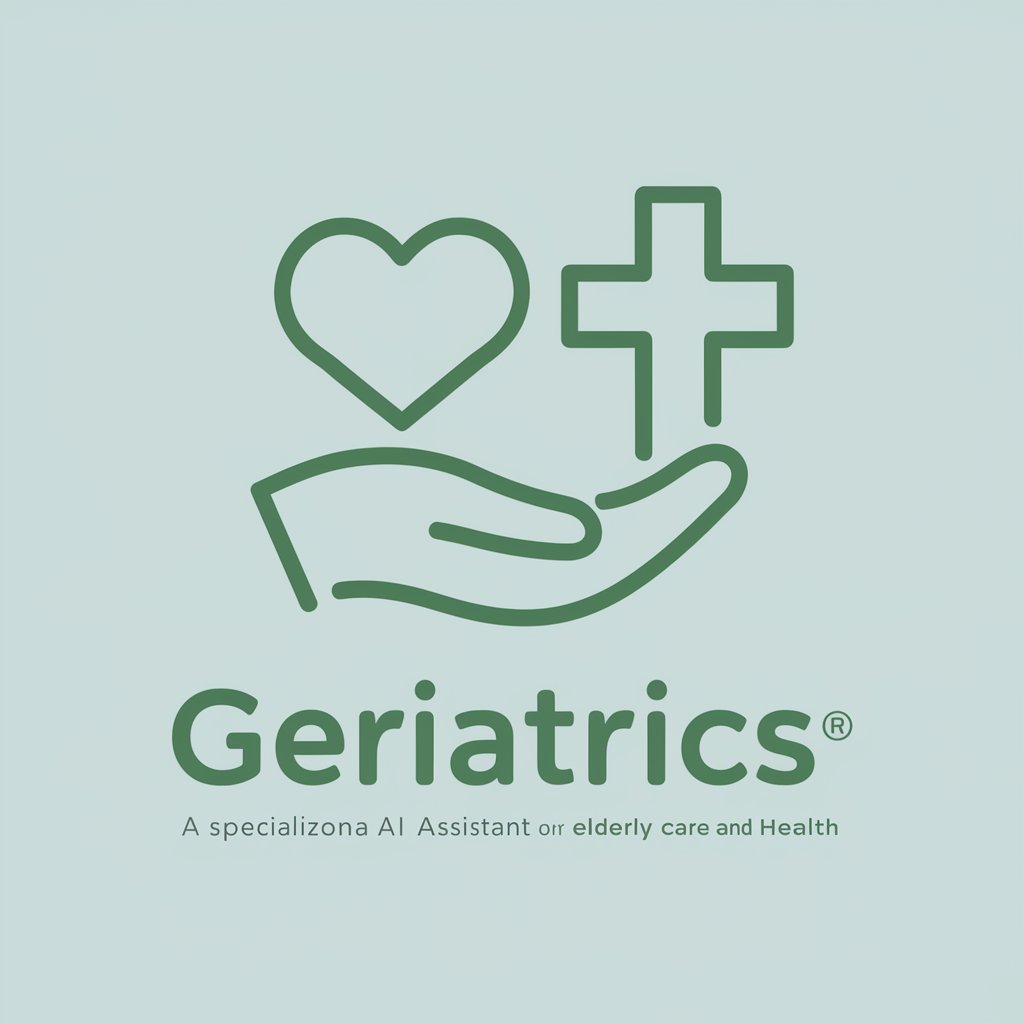
Alzheimer's GPT
Empowering Alzheimer's Knowledge with AI
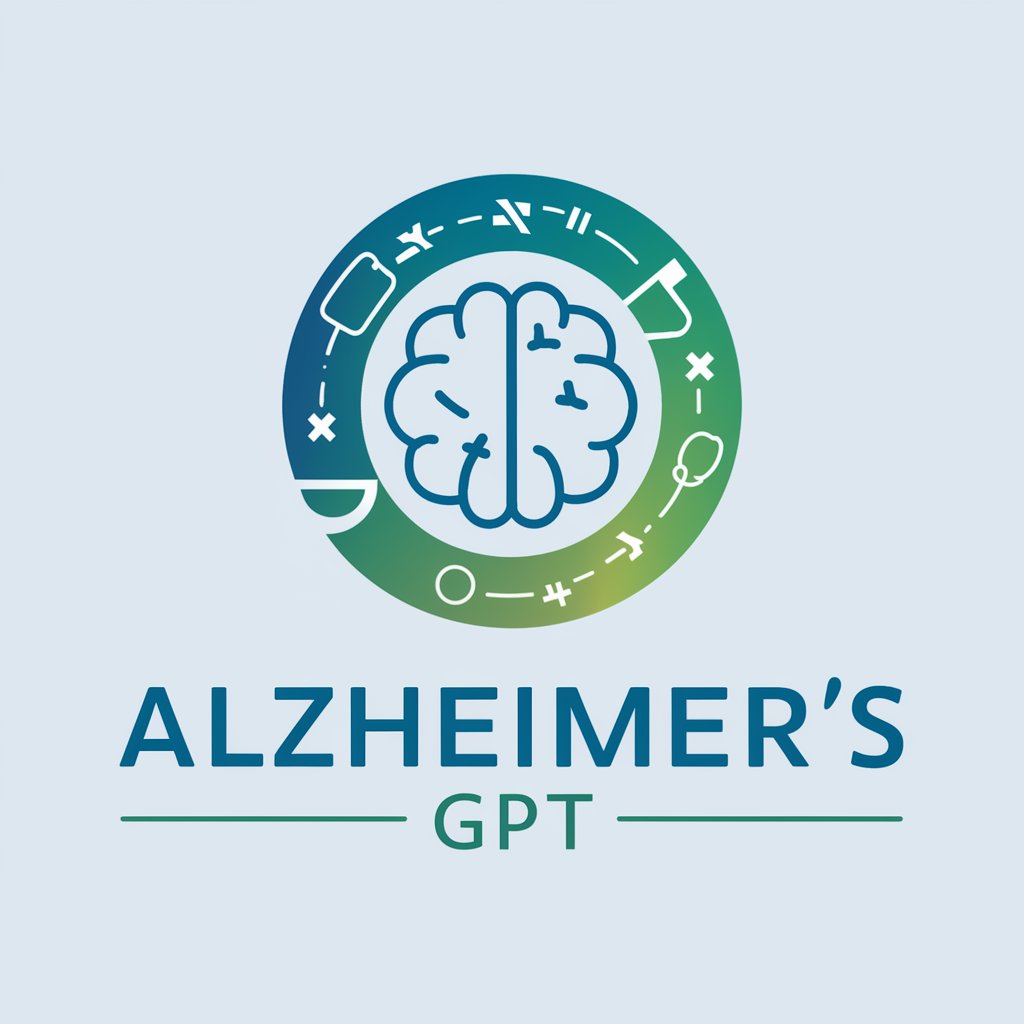
親の介護に必要な金額を試算するAI
Empowering care decisions with AI
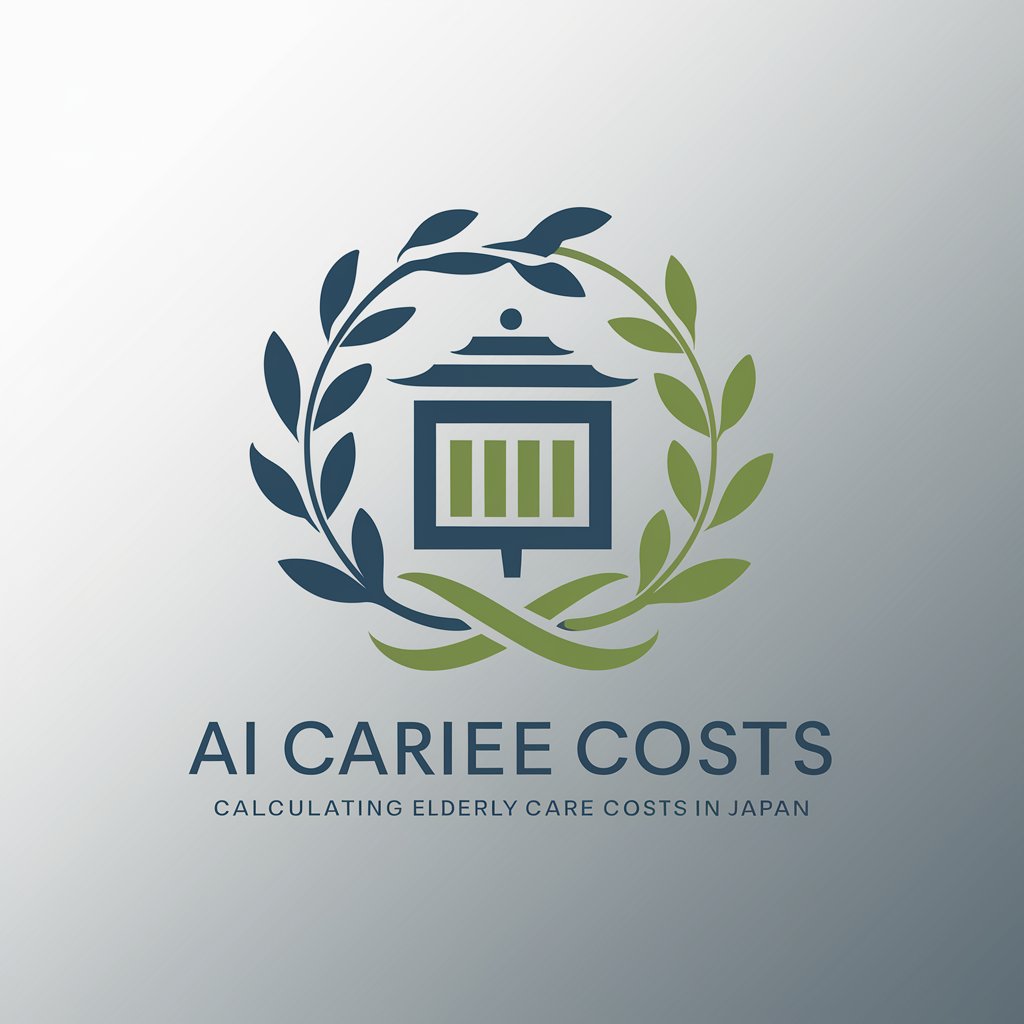
介護レクリエーション提案AI[presented by 介護ゲーム]
Empowering caregivers with AI-driven recreation.
![介護レクリエーション提案AI[presented by 介護ゲーム] in GPT Store](https://r2.erweima.ai/i/4zZnfhauRN-DABp3yyF-aw.png)
Aging Minds Automated Guide
Empowering Aging with AI-Driven Insights
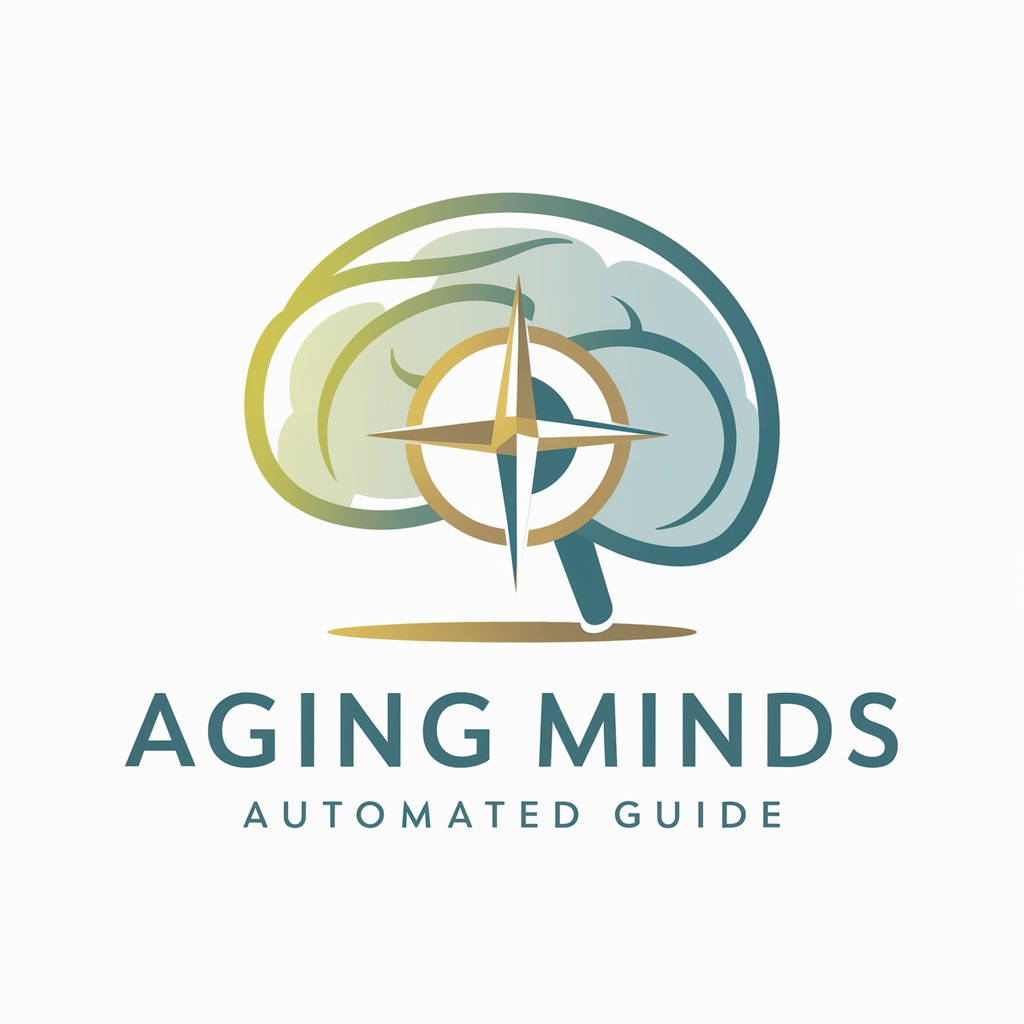
Alzheimer's Disease GPT
Empowering Alzheimer's care with AI support
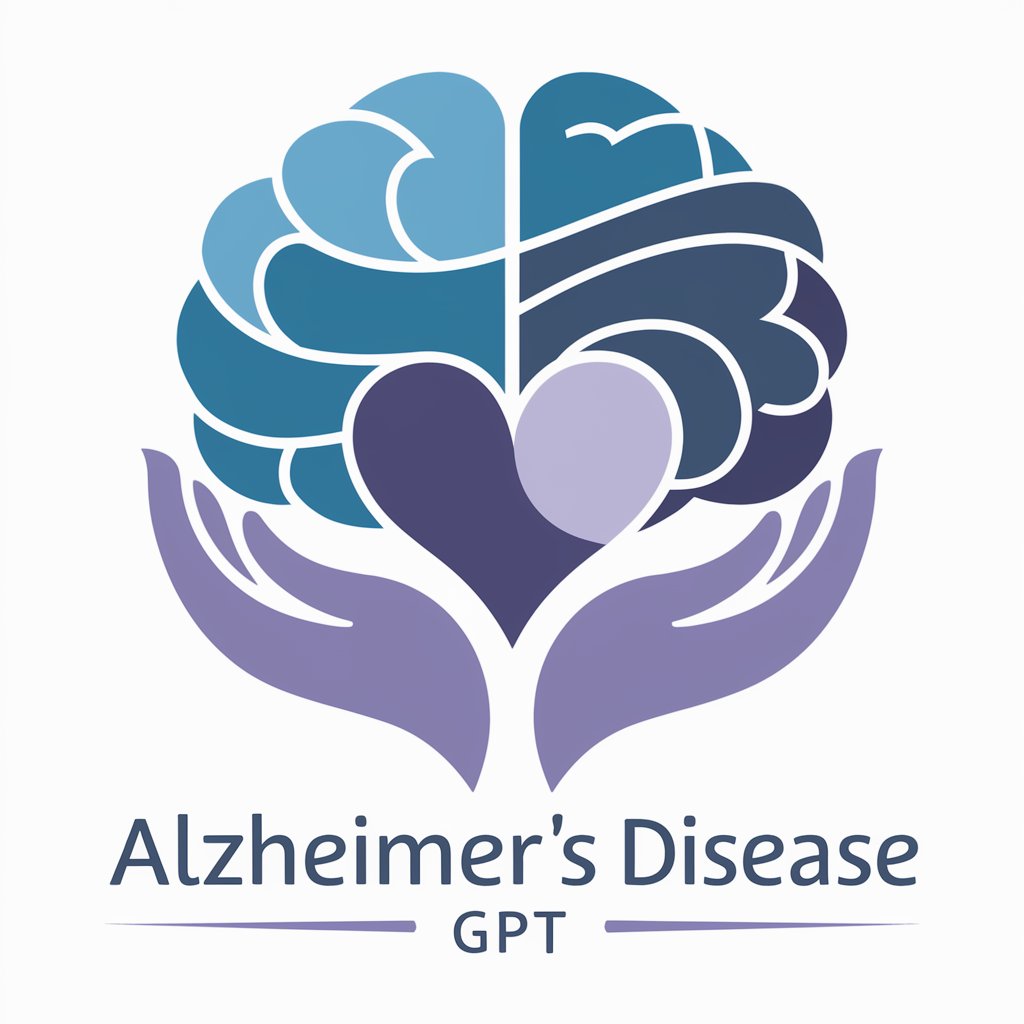
Essential Attributes of Caregiving Support AI Tools
AI GPTs for Caregiving Support boast a suite of unique features that set them apart. These include advanced language comprehension and generation, enabling them to interact in a conversational manner. Their adaptability is key, allowing customization for specific caregiving scenarios, from providing health advice to emotional support. Special features may encompass technical support, web searching capabilities, image creation for therapeutic purposes, and data analysis for personalized care planning. These tools are designed to learn and evolve, offering increasingly tailored support as they are used.
Who Benefits from Caregiving Support AI?
The primary users of AI GPTs for Caregiving Support include caregivers, both professional and familial, healthcare providers, and individuals seeking caregiving information or support. These tools are accessible to novices, requiring no coding skills for basic functionalities, yet offer extensive customization options for developers and tech-savvy users. This broad accessibility ensures that anyone involved in caregiving can leverage AI support for enhanced care delivery.
Try Our other AI GPTs tools for Free
Religious Interpretation
Explore the intersection of faith and technology with AI GPTs for Religious Interpretation, enhancing your understanding of sacred texts through advanced AI insights.
Industrial Procurement
Discover how AI GPTs for Industrial Procurement revolutionize the procurement process, offering tailored, efficient, and secure solutions for the industrial sector.
Parts Comparison
Discover how AI GPTs revolutionize parts comparison, offering precise, efficient, and customizable solutions for industries worldwide.
Obsolete Sourcing
Discover AI GPT tools tailored for Obsolete Sourcing, designed to unlock the full potential of historical and outdated information with cutting-edge technology.
Screenwriting Enhancement
Discover how AI GPTs revolutionize screenwriting with tailored solutions for enhancing creativity, streamlining script development, and adapting to industry standards.
Spatial Analysis
Discover how AI GPTs for Spatial Analysis revolutionize the handling of geographical data, offering cutting-edge solutions for mapping, urban planning, and environmental monitoring.
Expanding the Horizon of Caregiving with AI
AI GPTs for Caregiving Support represent a paradigm shift in caregiving methodologies. They offer a user-friendly interface that simplifies access to complex information and support, making caregiving more efficient and effective. The potential for integration with existing systems opens new avenues for data-driven, personalized care. As these tools evolve, they promise to significantly impact the caregiving sector by enhancing the quality of care and support available.
Frequently Asked Questions
What exactly are AI GPTs for Caregiving Support?
They are AI technologies designed to provide information, support, and solutions in caregiving contexts, using natural language processing to simulate human-like interactions.
How can these AI tools assist in caregiving?
They offer a range of services from providing health-related information, emotional support, to practical assistance in daily caregiving tasks.
Are there any special features these AI tools provide?
Yes, including technical support, tailored health advice, emotional counseling, web searching, image creation for therapeutic use, and data analysis for care planning.
Who can use these AI GPTs for Caregiving Support?
Caregivers, healthcare professionals, and anyone in need of caregiving information or support, with or without technical skills.
Do I need programming knowledge to use these tools?
No, they are designed to be user-friendly for those without coding skills, but also allow for customization by those with programming expertise.
How do these tools customize support for individual needs?
They analyze user inputs and feedback to tailor responses and solutions, ensuring relevance and personalization in caregiving support.
Can AI GPTs for Caregiving Support integrate with existing healthcare systems?
Yes, they can be integrated into healthcare platforms to enhance information sharing, care coordination, and personalized support.
What makes these AI tools different from traditional caregiving support?
Their ability to provide immediate, personalized, and accessible support anytime, enhancing traditional caregiving methods with AI efficiency.